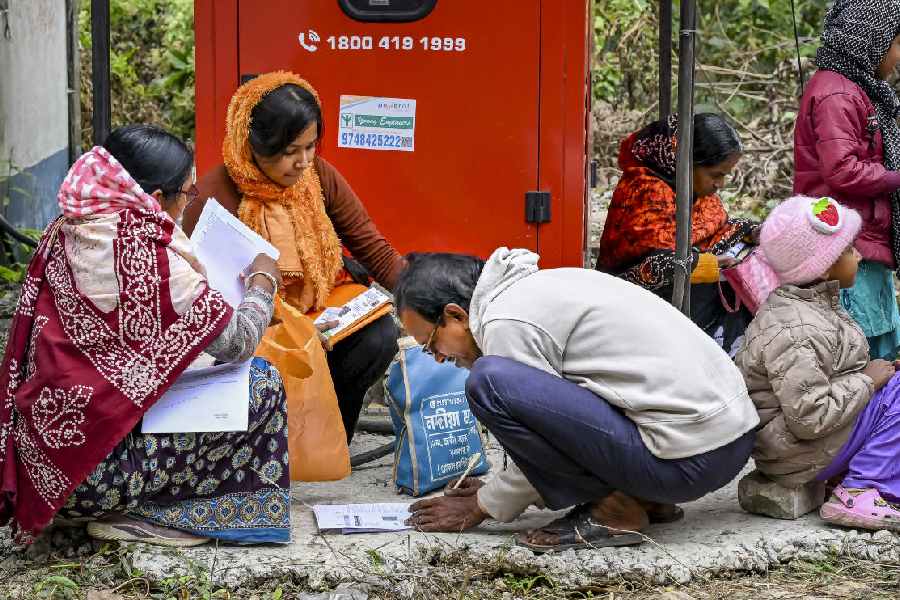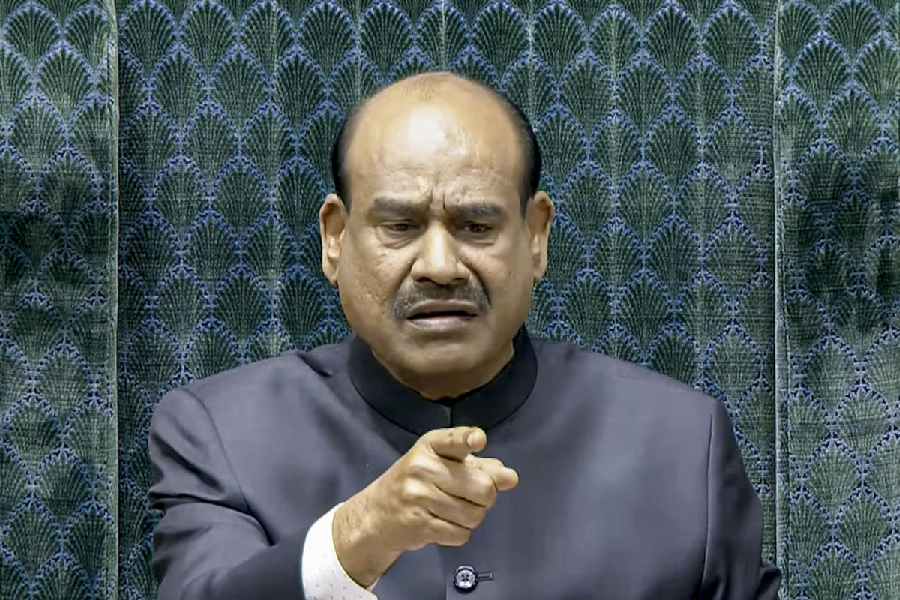Future in young hands
Greenpeace, one of the largest NGOs in the world, is targeting city youths to push its agenda. On a recent visit to the city, the national campaign director of the organisation and one of its global heads, Shailendra Yashwant, expressed hope that young blood would be the wind in the NGO?s sails in eastern India.
Yashwant was on a whirlwind tour to boost the morale of the fund-collecting team here and to firm up future campaign planks. ?Our international linkages offer us advantages, but it is difficult to campaign and lobby in India as the awareness level is not high. The young people of Calcutta can play a vital role. All over the world, youths are an important part of Greenpeace programmes.?
The Calcutta office of the environmental organisation is barely five months old, but already has a 1,000-strong member base.
Putting youths first has borne fruit for the fledgling India chapter of Greenpeace. The Bangalore branch of the organisation had campaigned at select colleges to draw volunteers. About five students signed up to form a wing called Solar Generation. In a matter of months the headcount has crossed 150.
Last year, a team of members had taken a break from books to head for Orissa, where they did extensive research in Greenpeace areas of interest ? toxic waste, renewable energy, effects of genetic engineering and preservation of oceans.
The findings were used to chalk out future campaigns and were presented to the press. ?The youths did not just stop at that. They actively campaigned in their educational institutions to make the campuses eco-friendly. And they did so creatively. They didn?t just go up and say to the principals that this should be done, because nobody would have listened to them then. Solar Generation has been so convincing that at least one college is set to go green,? stated Yashwant.
Is something similar on the anvil in Calcutta? ?We hope so. We provide a platform and act as a catalyst, but it is up to the students to take their causes forward,? said the campaign director.
He added: ?There is no dearth of issues. I was quite dismayed by some of the things I saw while driving through the city. Calcutta seems to one of the last few places on the planet where soft drinks are dispensed in plastic cups. It?s primitive and an environmental disaster is in the making.?
Yashwant also came out strongly against ?government apathy towards the arsenic threat? in Bengal. ?In the so-called backward nations of Africa, I saw a technique called ?pump and treat? being used ? the groundwater is pumped out, treated for arsenic and returned to the soil. The Bengal government has been offered this and other technologies for free, but it does not seem to care,? he lamented.
Kaushik Ghosh










